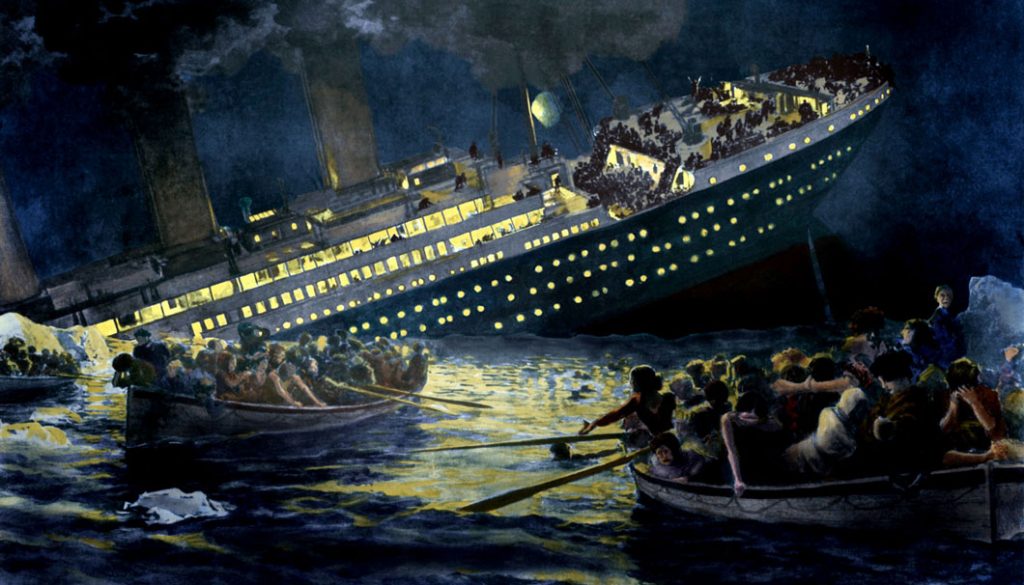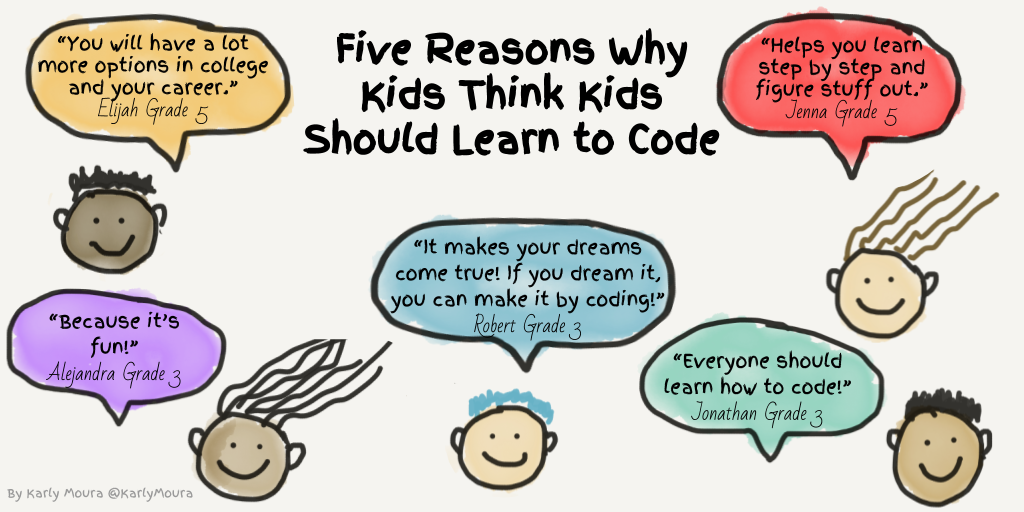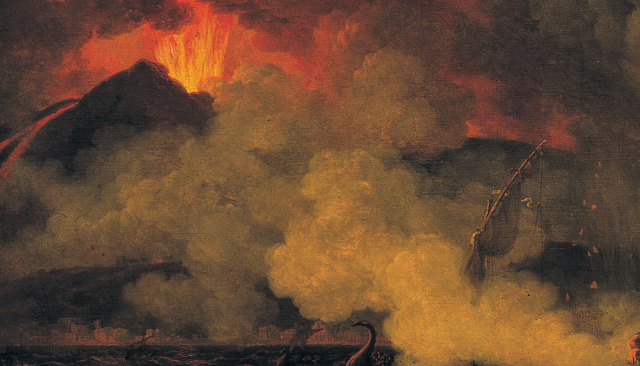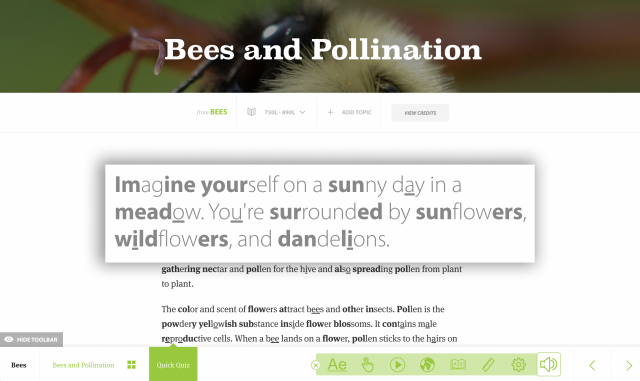Teaching April 2018
- April 1, 2018
- By KIDS DISCOVER

Happy April! As spring kicks into gear, we’re celebrating Earth Month with some timely Earth Science Units, environmental infographics, and games and activities your students will love. Find resources below, along with a pack of other timely dates to mark on your class calendar. As always, follow us on Facebook, Twitter, Instagram and Pinterest for updates on daily Free Topics and teaching inspiration. Have a great month!
April 6th – Anniversary of the First Modern Olympics (1896)
 122 years ago today, Athens, Greece, hosted the first modern Olympics. But the original games date back to ancient times. Use this opportunity to introduce kids to Ancient Greece.
122 years ago today, Athens, Greece, hosted the first modern Olympics. But the original games date back to ancient times. Use this opportunity to introduce kids to Ancient Greece.
- Popular Topics: The Olympics, Life in Ancient Greece
- Related Units: Ancient Greece, Greece’s Golden Age
- Games and Activities on Ancient Greece
- Check out our new Print Title Greece’s Golden Age
April 12th – The Civil War Began On This Day in 1861
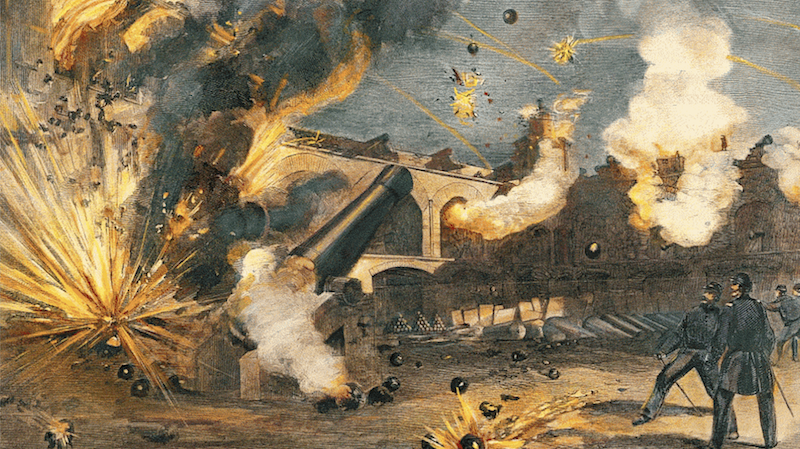 On this day in 1861, Confederate President Jefferson Davis ordered his forces to attack Fort Sumter of Charleston, South Carolina, before more Northern soldiers could arrive. The Civil War had begun!
On this day in 1861, Confederate President Jefferson Davis ordered his forces to attack Fort Sumter of Charleston, South Carolina, before more Northern soldiers could arrive. The Civil War had begun!
- Popular Topics: The Road to War, A Nation Divided, Civil War Notables
- Related Units: Civil Rights, Lincoln, Underground Railroad
- Cross-Curricular Activities to teach about the Civil War
- Also available in Print!
April 13th – Thomas Jefferson’s Birthday
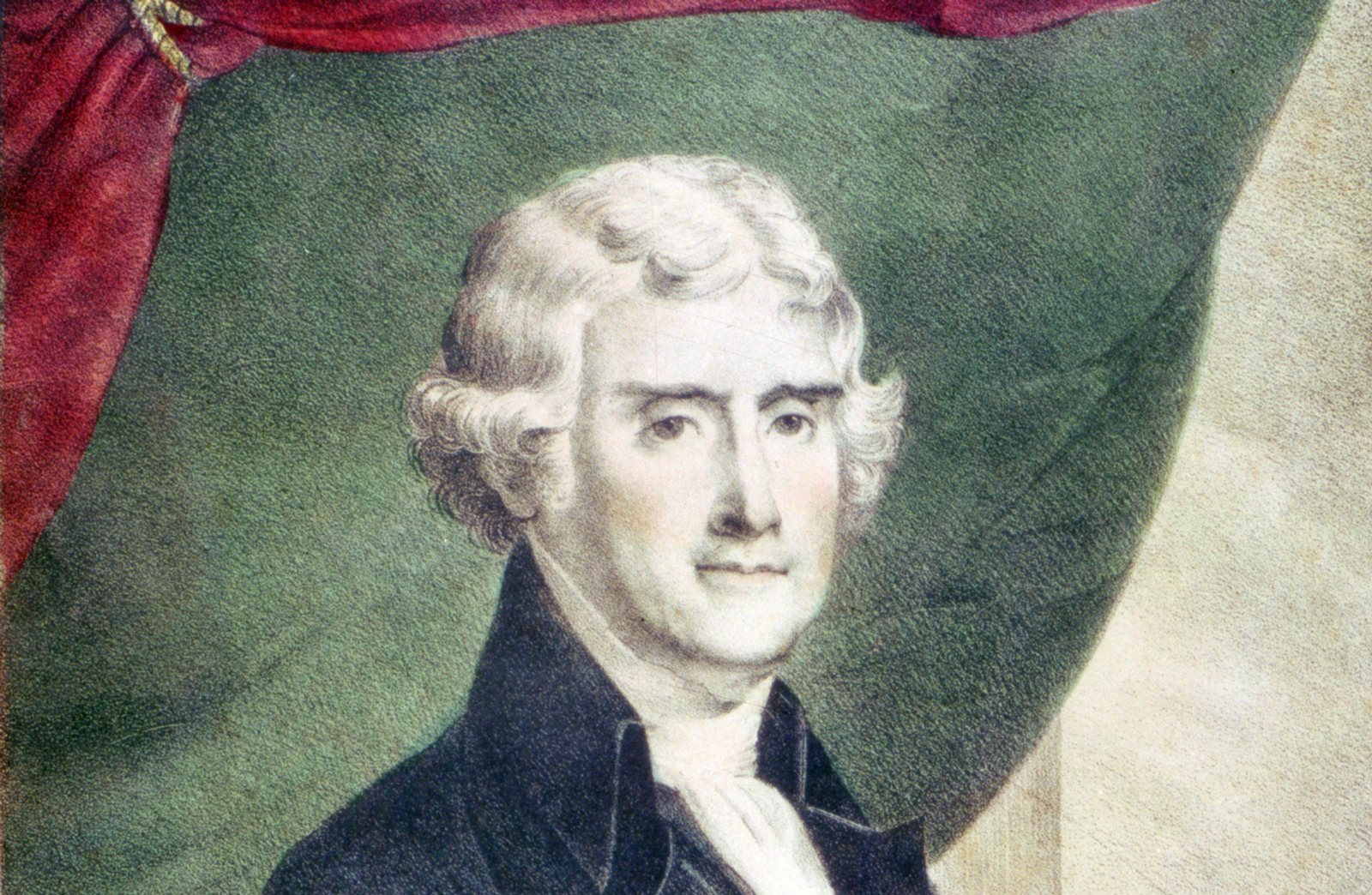 In our Unit on Thomas Jefferson, kids will uncover the president’s many achievements and take a look at some of the contributions he made to early America.
In our Unit on Thomas Jefferson, kids will uncover the president’s many achievements and take a look at some of the contributions he made to early America.
- Popular Topics: Monticello, Jefferson’s Inventions, Jefferson’s Presidency
- Related Units: Lewis & Clark, Colonial America, The Declaration of Independence
- Also available in Print!
April 15th – Anniversary of the Sinking of the Titanic (1912)
Even though the Titanic sank 106 years ago, its dramatic demise still grips our imaginations.
- Popular Topics: Disaster Strikes, The Sinking of the Titanic
- Related Units: The Titanic, The Industrial Revolution, Boats and Ships
- Check out our Print Title on the Titanic
- Free infographic: How the Titanic Sank
April 22nd – Earth Day
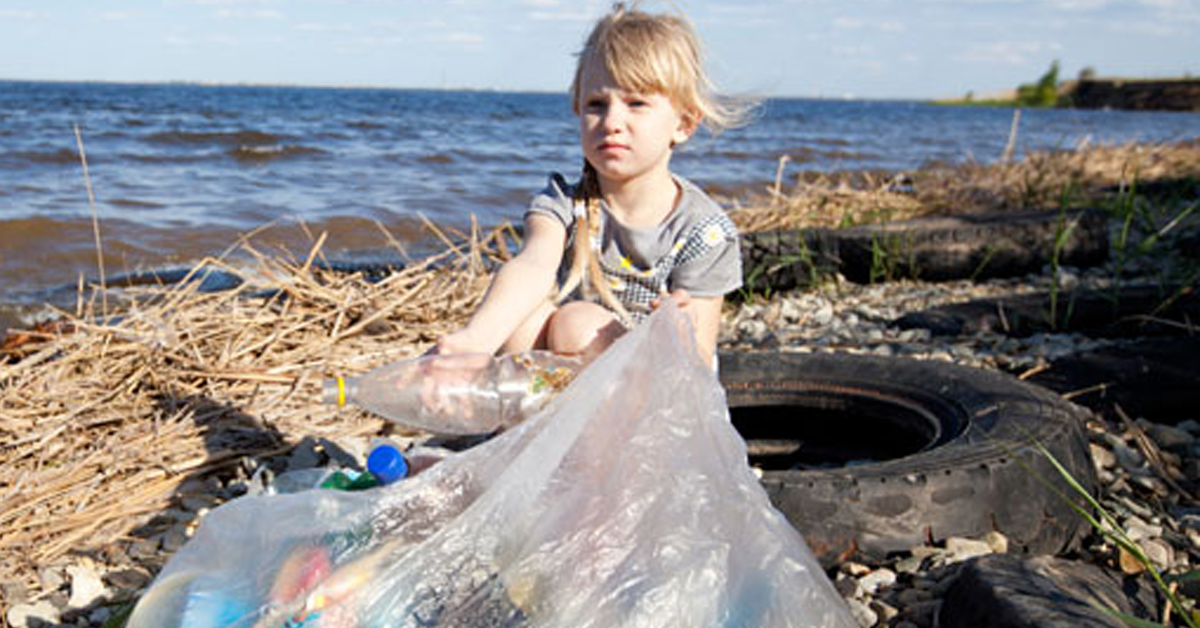 The first Earth Day in 1970 marked the beginning of the modern environmental movement. The movement continues today, and this year’s theme is End Plastic Pollution. What can your classroom do to cut down on non-renewable resources? Start the conversation with the following resources:
The first Earth Day in 1970 marked the beginning of the modern environmental movement. The movement continues today, and this year’s theme is End Plastic Pollution. What can your classroom do to cut down on non-renewable resources? Start the conversation with the following resources:
- Free Infographics: How a Bottle Gets Recycled, Earth Day is April 22nd, 10 Things Kids Can Do to Help the Earth
- Popular Topics: Sustainability, Our Carbon Footprint, Landfills and Recycling
- Related Units: Ecology, Earth, Conservation, Oceans
- Games and Activities on Conservation
April 23rd – Shakespeare’s Birthday (1564)
 William Shakespeare has been called the greatest writer in the English language. And he wrote all of his thousands of words with a quill pen made from feathers! Use our unit on Shakespeare to teach about:
William Shakespeare has been called the greatest writer in the English language. And he wrote all of his thousands of words with a quill pen made from feathers! Use our unit on Shakespeare to teach about:
- Popular Topics: Printed Word in His Time, Elizabethan England, History of Plays and Sonnets
- Related Units: Renaissance and Reformation, Language, Kings and Queens
- Also available in Print!
April 27th – Arbor Day
Amazingly, Trees cover over 30 percent of the world’s land area, and they work hard every day producing oxygen and providing shelter for animals. Arbor Day celebrates the role of trees in our lives and environment. Plant a tree in your community today, use this FREE mini-unit to teach about:
- Popular Topics: Pollination and Reproduction, Tough Inside and Out, Trees and People
- On the Blog: How Prehistoric Trees Became Arizona’s Petrified National Forest, The Endicott Pear is North America’s Oldest Fruit Tree
On the Blog: 5 Ways to Get Your Students Coding Across the Curriculum
In our latest blog post, Computer Science Instructor Karly Moura offers some ideas to incorporate coding into each subject that you teach. From making maps to programming translation dictionaries, there’s something for each of your students here!
“As a Computer Science teacher I can easily see how beneficial coding is as my students create, debug, tweak and recreate their programs,” she says. “It requires logic and reasoning, decomposition, critical thinking and loads of creativity.” Read More…
